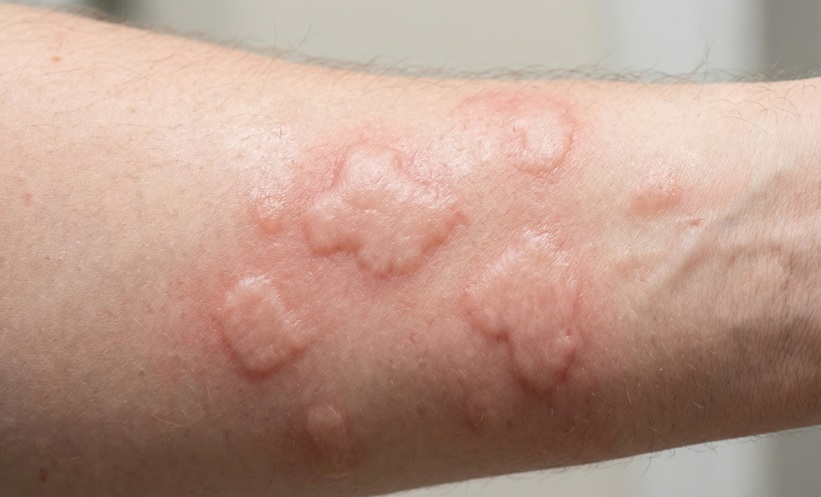FOOD ALLERGY prevention has become a pressing public health priority, with rates of allergy in children continuing to rise worldwide. Food allergies are now considered the “second wave” of the allergy epidemic, following asthma, and they disproportionately affect infants and young children. While genetic predisposition plays a role, environmental and dietary factors appear to be stronger influences on the development of allergies.
The MEDALLION study examined whether maternal adherence to the Mediterranean diet (MedDiet) during pregnancy and breastfeeding could reduce the likelihood of food allergy in infants. The MedDiet, rich in fruits, vegetables, legumes, whole grains, olive oil, and fish, is thought to support immune tolerance and a healthy gut microbiome, while the Western diet, high in refined sugars and saturated fats, may promote inflammation and disrupt gut function.
Diet quality linked to allergy outcomes
Study findings showed that women who closely followed the MedDiet during pregnancy and lactation had children with a significantly lower risk of developing food allergies. Certain food groups had particularly strong associations: higher intake of full-fat dairy products and fresh fruit during pregnancy, and increased vegetable consumption during breastfeeding, were all linked to reduced prevalence of food allergy in offspring.
In contrast, frequent consumption of red meat and poultry was associated with an increased risk of infant allergy, supporting earlier research that high intakes of these foods may raise inflammatory potential. The results regarding fish intake were more complex. While moderate consumption showed some benefits, intake of fish more than twice per week was linked to higher allergy risk, possibly due to pollutants counteracting fish’s nutritional advantages.
Implications for allergy prevention strategies
These findings highlight the importance of maternal nutrition in shaping early immune development and suggest that the Mediterranean diet could play a role in food allergy prevention. Encouraging pregnant and breastfeeding women to increase their consumption of fresh fruit, vegetables, and dairy while moderating red meat and poultry intake may reduce allergy risk in their children.
Although further research is needed, particularly on the role of specific food groups, the MEDALLION study provides valuable evidence that maternal diet is a modifiable factor in the fight against childhood food allergies.
Reference
Vassilopoulou E et al. Adherence to mediterranean diet during pregnancy, breastfeeding, and development of food allergy in the offspring: results from the MEDALLION cohort study. Allergy. 2025;DOI:10.1111/all.70054.





